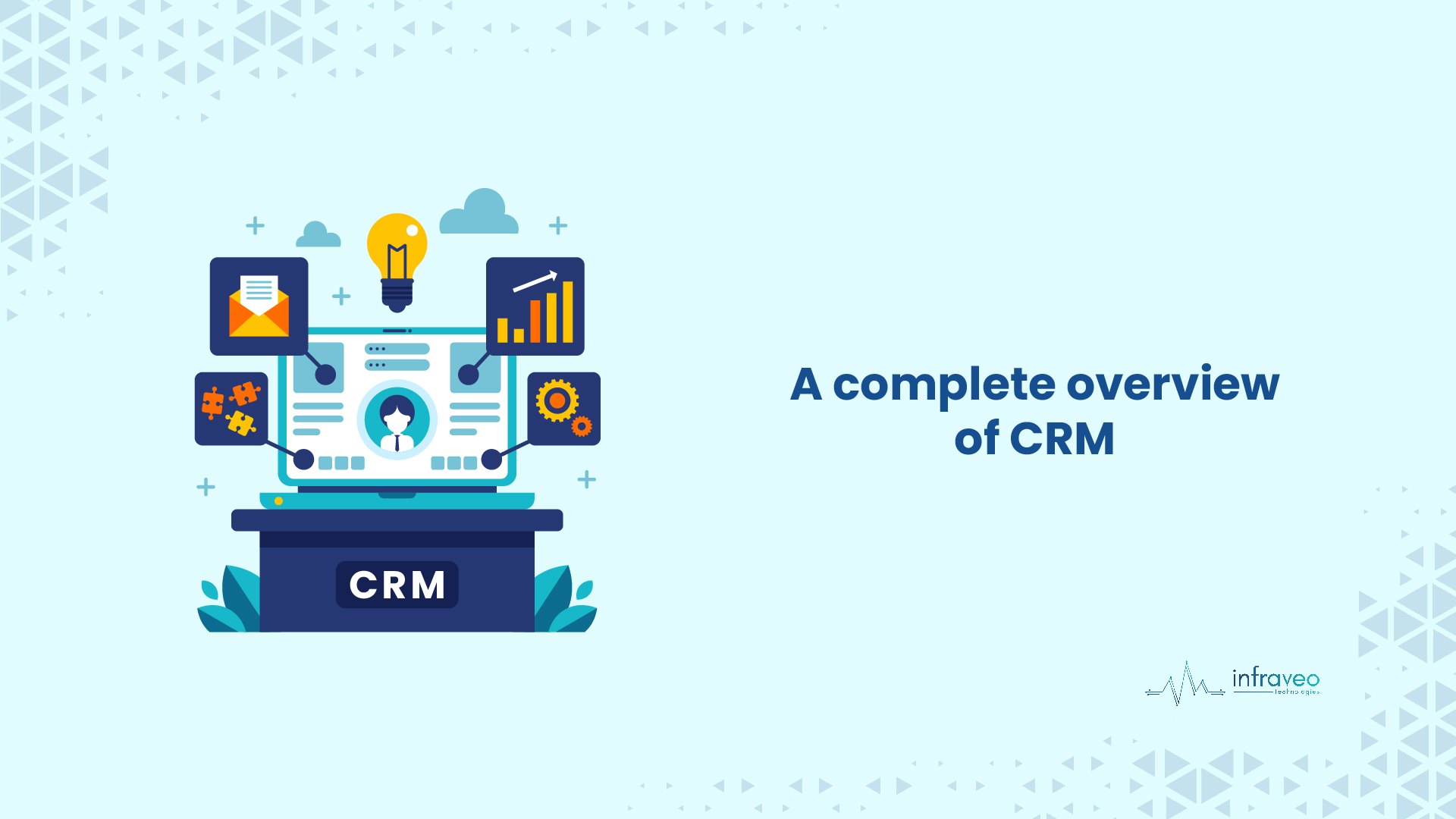Introduction
Customer Relationship Management is referred to by the term CRM. Any technology, method, or process that enables firms to access and manage customer data more effectively is known as customer relationship management. With the help of CRM system, any company’s different departments (sales, marketing, and customer service) can provide each client with an exceptional, personalized experience Each user gets quick, direct access to the current customer information they require. Organizations can now offer their consumers something extraordinary: customized, one-to-one customer experiences. This not only enables unmatched collaboration across teams and departments, but also enables businesses to present their customers with something extraordinary.
What is CRM?
CRM helps in the collection, management, and organization of customer data. Its objectives are to boost client retention, enhance customer connections, and increase sales and profitability. It focuses on the needs of the client and providing a far better, more individualized customer experience.
Functionalities
1) Lead Management:
Using CRM, marketing teams may manage and analyze data about leads while also entering new leads into the system (manually or automatically).
2) Artificial intelligence:
AI capabilities are built into CRM systems, which automatically identify patterns that result in profitable sales, which may help you create more accurate marketing plans in the future.
3) Analytics:
Built-in analytics capabilities in CRM platforms may provide insights and assist raise customer satisfaction levels. A marketer can evaluate the data and develop targeted campaigns as a result. It is analytics support attribution tracking and offer perceptions into the standard of the customer experience.
4) Marketing Automation:
Many CRMs (Customer Relationship Management) offer marketing automation solutions to help with moment funnel activities. Marketing automation strives to keep sales leads interested and help them convert into paying clients.
5) Workflow Automation:
It helps organizations in simplifying repetitive workloads, to free up work time for more creative and complex work.
6) Sales Automation:
CRMs may keep track of customer interactions and automate some sales cycle tasks that are required for following up on leads and tricking in potential clients.
7) Individualized Customer Experiences:
Organizations may utilize CRM to design tailored and consistent user interfaces for all potential clients across different marketing platforms, which might improve conversion rates and raise brand awareness.
Advantages of CRM
- It helps an organization to make full profiles, such as those that reflect customer requirements.
- It became easier to access a source of market and competition information.
- As customers get outstanding customer service and carry-on doing trade, users are willing to return constantly.
- It highlights the poor operational processes.
Disadvantages of CRM
- Limited control and flexibility
- In the cloud, security, and confidentiality.
- To maintain it, extra management is required.
- Increased Risk
Conclusion
A CRM solution may help brands manage and improve campaigns and lead journeys using a data-driven approach. It also can gain a better understanding of the sales or prospect pipeline, which will make forecasting easier and more accurate. Solutions available these days are more flexible and link with your preferred tools, like document signing, accounting, and billing, and surveys, allowing information to flow both ways and provide you with a complete 360-degree view of the customer.




